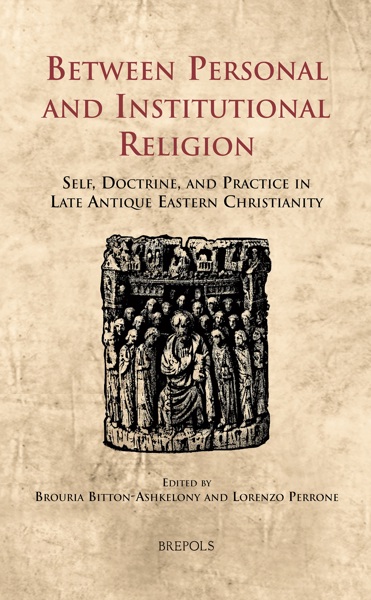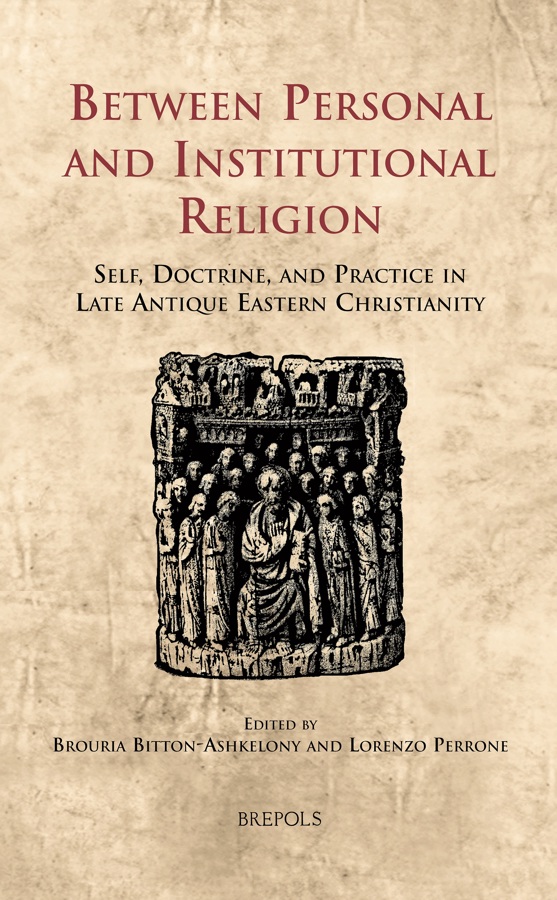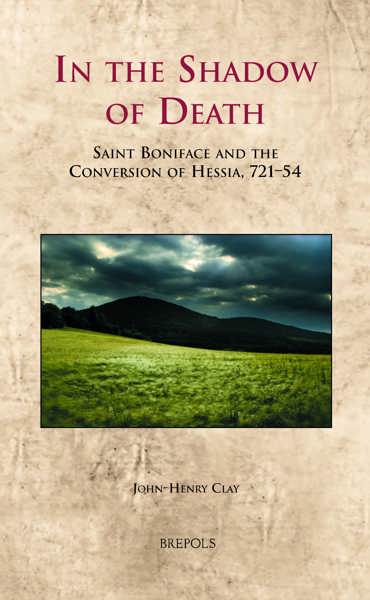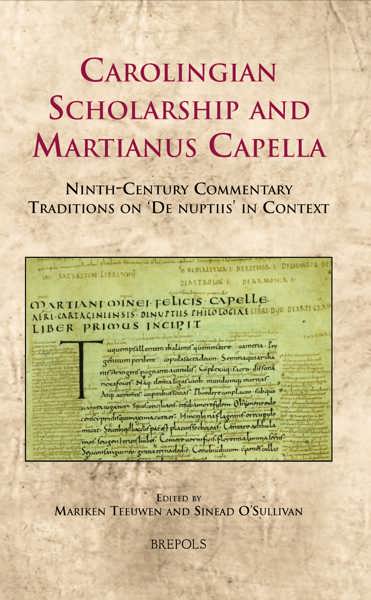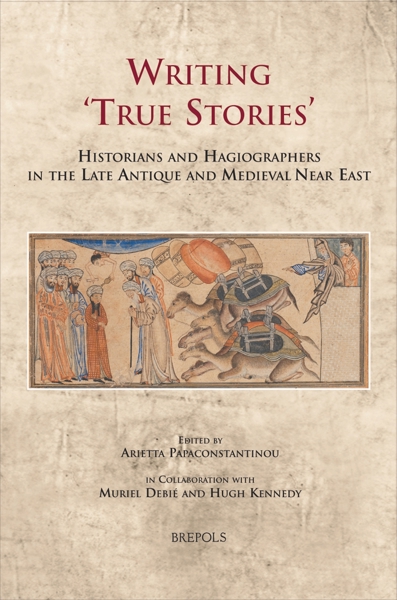
Between Personal and Institutional Religion
Self, Doctrine, and Practice in Late Antique Eastern Christianity
Brouria Bitton-Ashkelony, Lorenzo Perrone (eds)
- Pages: 348 p.
- Size:156 x 234 mm
- Language(s):English
- Publication Year:2013
- € 120,00 EXCL. VAT RETAIL PRICE
- ISBN: 978-2-503-54131-0
- Hardback
- Available
- € 120,00 EXCL. VAT RETAIL PRICE
- ISBN: 978-2-503-54201-0
- E-book
- Available
The shift from Late Antiquity to Early Byzantium seen in the light of the mutual relations between personal and institutional religion.
"Un ensemble d'études qui « enrichit et nuance le portrait social et religieux du christianisme oriental tardo-antique » (p. 7)." (Pierre Maraval, dans: Revue d'Histoire Ecclésiastique, 2014, 109/3-4, p. 970-971)
"(...) this is a rich and varied volume that with its wide scope of investigation will interest different audiences and scholars from various disciplines: Byzantinists as well as scholars of Eastern Christianity and Judaism; theologians and historians alike. (...) it is a very stimulating and useful collection of essays, which will provide significant tools for a broader knowledge and an enhanced understanding of society and religion in the late-antique East." (Marina Bazzani, in: Speculum, 90/1, 2015, p. 209-210)
"All of these essays exhibit the clarity, exacting scholarship, and knowledge of the sources that we would expect from such accomplished scholars." (David Brakke, in: The Medieval Review, 15.06.40)
"The value of this volume arises not only from the well-researched essays, but also from the care of the editors: for each essay, a short bio on the author as well as a sub-stantial bibliography is provided. (...) Of course, a collected volume on such a broad subject as Self, Doctrine, and Practice in Late Antique Eastern Christianity cannot explore every relevant question thoroughly, but this is not what the book sets out to do. As the editors state in the introduction: “Without pretending to present a coherent historical picture, it is hoped that the wide spectrum of the essays, taken together, will enrich and nuance the distinctive social and religious portrait of late antique Eastern Chris-tianity.” The present volume totally fulfils this aim. The variety of texts, authors and questions covered makes it a valuable source for scholars of Byzantine studies as well as for those interested in the field of Religious Studies more generally." (E. Engler-Starck, in: Al-Masāq. Journal of the Medieval Mediterranean 27, 3 (2015), p. 284-286
This book addresses change and continuity in late antique Eastern Christianity, as perceived through the lens of the categories of institutional religion and personal religion. The interaction between personal devotion and public identity reveals the creative aspects of a vibrant religious culture that altered the experience of Christians on both a spiritual and an institutional level. A close look at the interrelations between the personal and the institutional expressions of religion in this period attests to an ongoing revision of both the patristic literature and the monastic tradition. By approaching the period in terms of ‘revision’, the contributors discuss the mechanism of transformation in Eastern Christianity from a new perspective, discerning social and religious changes while navigating between the dynamics of personal and institutional religion.
Recognizing the creative aspects inherent to the process of ‘revision’, this volume re-examines several aspects of personal and institutional religion, revealing dogmatic, ascetic, liturgical, and historiographical transformations. Attention is paid to the expression of the self, the role of history and memory in the construction of identity, and the modification of the theological discourse in late antique culture. The book also explores several avenues of Jewish-Christian interaction in the institutional and public sphere.
Introduction - Brouria Bitton-Ashkelony and Lorenzo Perrone
‘Trembling at the Thought of Shipwreck’: The Anxious Self in the Letters of Barsanuphius and John of Gaza - Lorenzo Perrone
Memory and Forgetting in Romanos the Melodist’s On the Newly Baptized - Georgia Frank
The Great Kanon of Andrew of Crete, the Penitential Bible, and the Liturgical Formation of the Self in the Byzantine Dark Age - Derek Krueger
Personal Experience and Self-Exposure in Eastern Christianity: From Pseudo-Macarius to Symeon the New Theologian - Brouria Bitton-Ashkelony
The Transmission of Early Christian Memories in Late Antiquity: The Editorial Activity of Laymen and Philoponoi - Alberto Camplani
The Cave of Treasures and the Formation of Syriac Christian Identity in Late Antique Mesopotamia: Between Tradition and Innovation - Sergey Minov
The Treatment of Religion in Sixth‑Century Byzantine Historians and Some Questions of Religious Affiliation - Roger Scott
‘Packed with Patristic Testimonies’: Severus of Antioch and the Reinvention of the Church Fathers - Yonatan Moss
Julianism after Julian of Halicarnassus - Aryeh Kofsky
Uniformity and Diversity in the Early Church: The Date of Easter, the Jews, and Imperial Symbolism in the Sixth Century and Beyond - Oded Irshai
At Cross Purposes: The Ritual Execution of Haman in Late Antiquity - Hillel I. Newman
Scriptural Index
General Index
